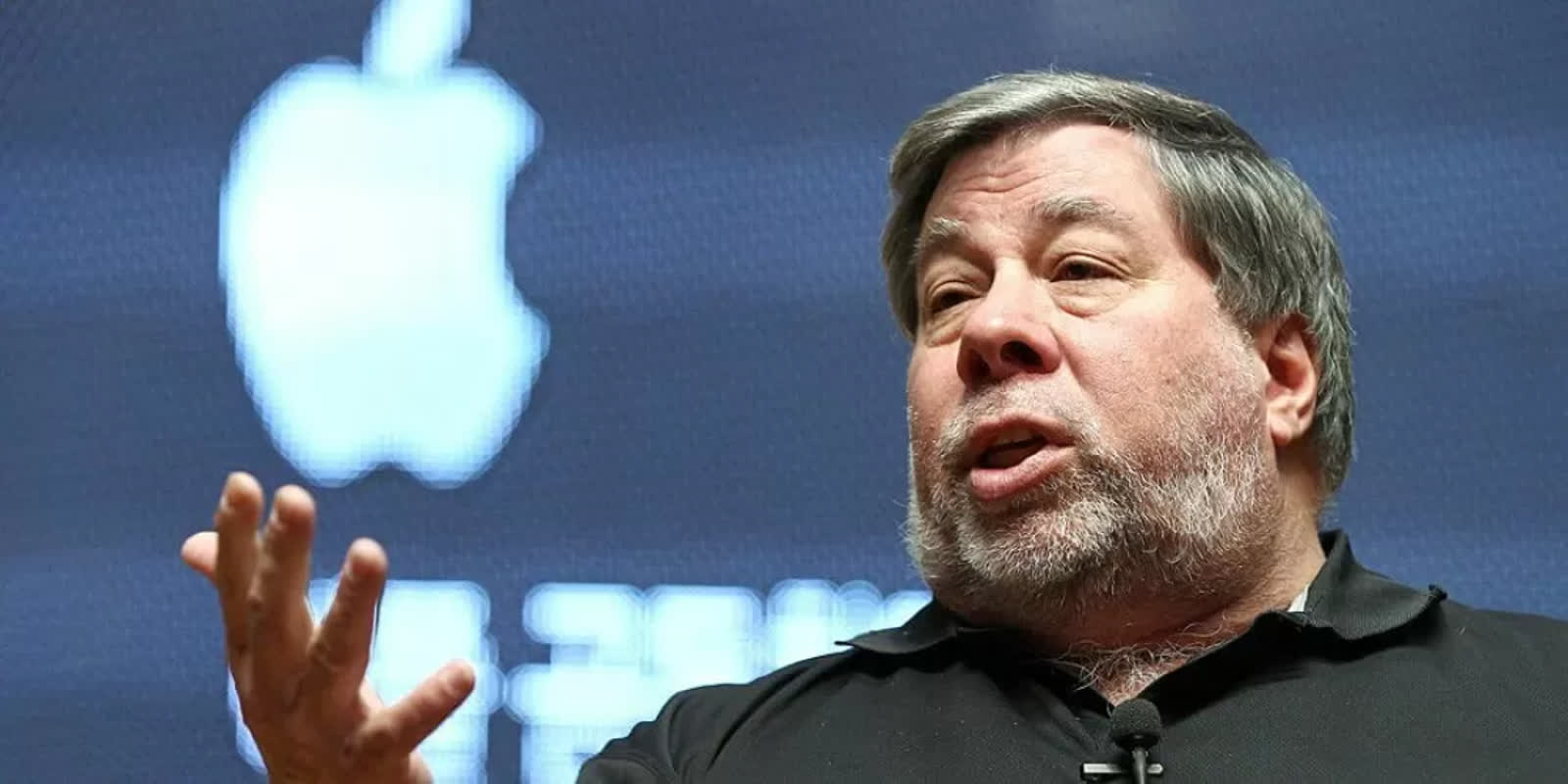In a nutshell: As of late, we're used to hearing about demand far outweighing supply for consumer electronics, but a new report claims the iPhone 13 is facing a different issue. Apple has informed some component suppliers that demand for its latest handset is waning as the holidays approach.
Back in October, Bloomberg reported that Apple had cut its iPhone 13 production target to 80 million units, 10 million fewer than originally planned, due to Broadcom and Texas Instruments being unable to supply components as a result of the chip shortage.
The publication now reports that Apple was hoping to make up for the loss in 2022 when part supplies are expected to improve, but an insider says it has informed suppliers that the orders may not materialize.
When announcing Apple's financial results for the fiscal 2021 fourth-quarter ending September, CEO Tim Cook said supply constraints stemming from the chip shortage had cost the company an estimated $6 billion.
Last month also brought news that Apple has been forced to cut iPad production in half as components originally destined for the tablets are redirected to the iPhone 13 lineup. Older iPhones are also seeing their parts reprioritized for Apple's latest handsets.

Despite the slowdown in demand, analysts still expect Apple to have a record holiday season thanks to a sales increase of 6% to $117.9 billion in the final three months of the year. But with shortage, the pandemic, and inflation, we could see consumers holding off from buying an iPhone 13 and waiting for next year's iPhone 14 instead. The fact that Apple co-founder Steve Wozniak recently admitted he thinks the iPhone 13 is identical to its predecessors hasn't helped the handsets appeal.
